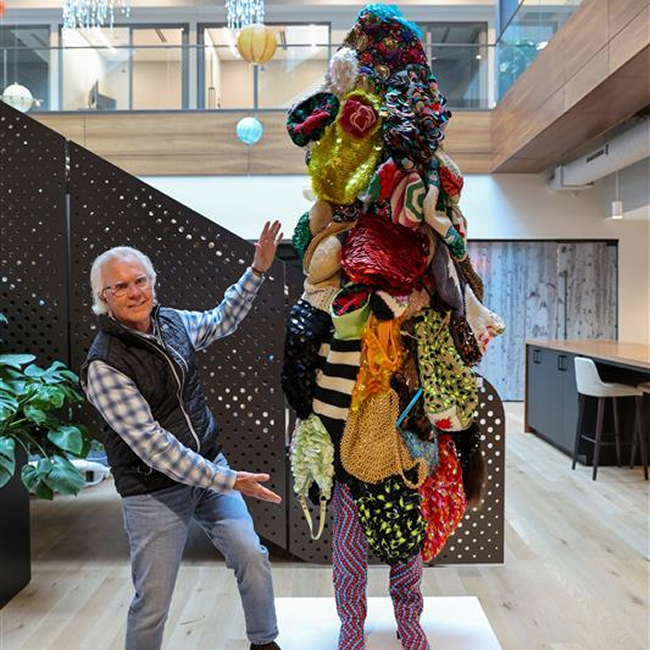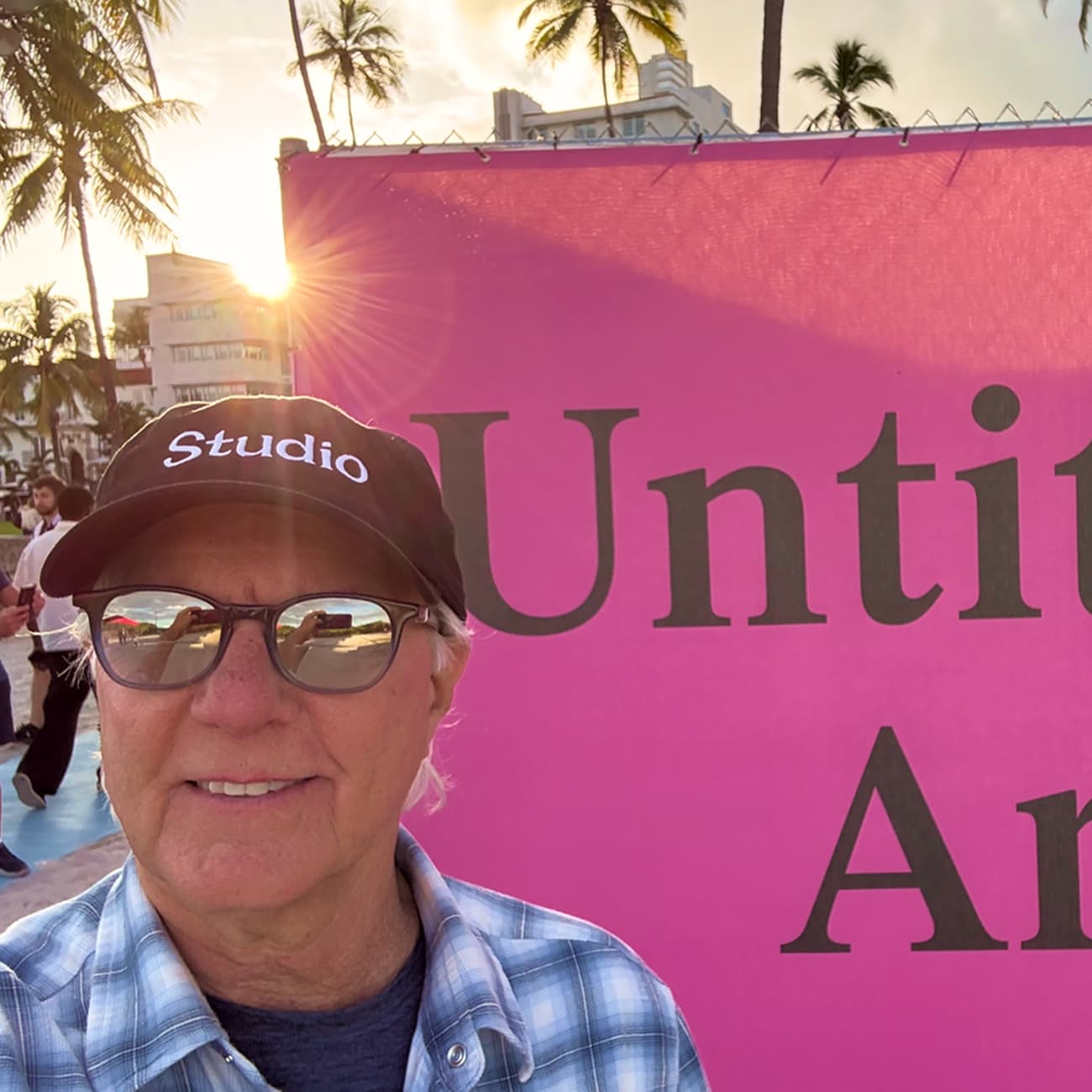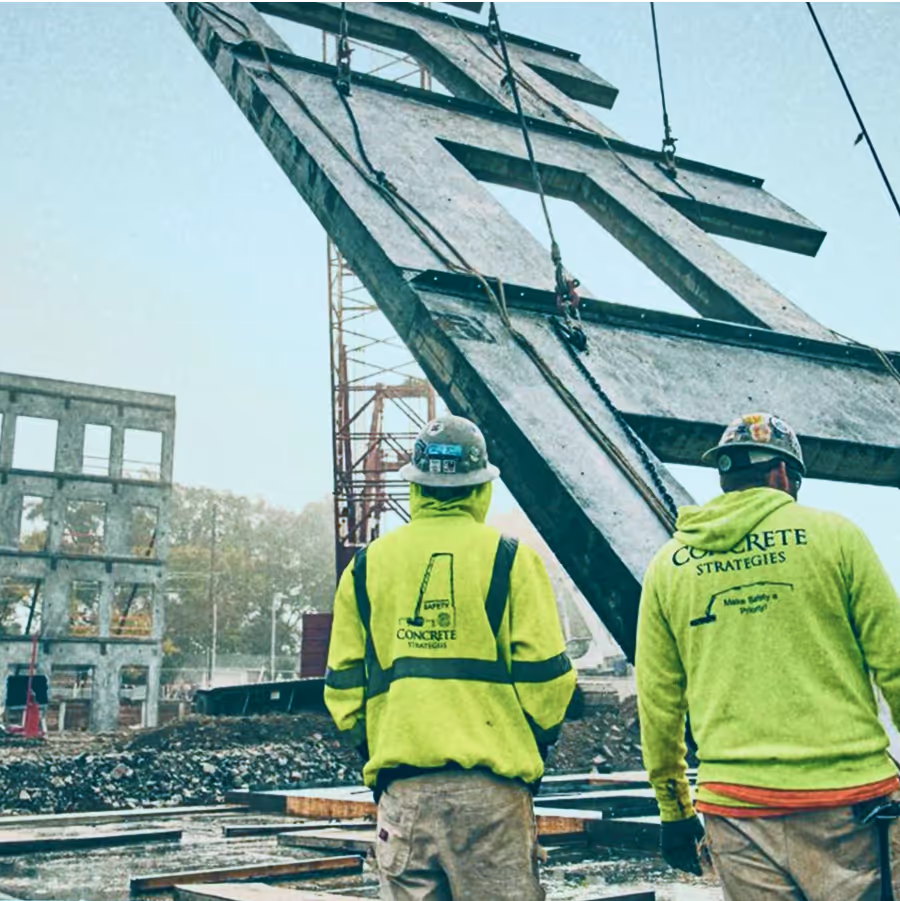Remembering My Father's WWII Service

Born in a log cabin near Ellington, Missouri and moved to South St. Louis City during the depression, my father, Harold Clark, was a ne'er do well. His childhood nickname had been Little Dillinger because he was always in trouble, occasionally getting arrested, and almost lost his life on one occasion. Like more than a few boys at the time, he thought the Navy might be a way out of a problem or two, and so at 16, he lied about his age and enlisted. The war was in full force by then.
It wasn't long before trouble found him there, too. His Navy boss (I don't recall his rank) learned that his girlfriend back home was with child (my older sister Karen) and ordered him to return home and marry her. When he returned to the base, his boss shipped him off to the Pacific to help the war effort. Harold hadn't quite succeeded in turning himself around yet and ended up in the brig in Hawaii. Then, due to a special program for troubled sailors, he was released and sent to the South Pacific to help man a type of landing ship that had been modified at Subic Bay in the Philippines for the purpose of getting close to shore at the Battle of Okinawa and launching electric missiles at the enemy.
When my dad was still in the brig, he sent a letter back home to his best friend's sister and asked her to please write her brother, Bob Boelloeni, who was on a large battleship in the South Pacific. He wanted Bob to have the number of the boat my dad was going to be assigned to, as he thought they would all be heading to the same location. He didn't know how unlikely that would have been, given there were thousands and thousands of boats gathering in the harbor in the Philippines.

Bob received the letter with the number of my dad's boat the day before his ship sailed southwest toward the faraway islands. Bob had an important assignment as the signalman on a major destroyer that would see significant action at both Okinawa and Iwo Jima. If they went to Subic Bay to fuel and load the ships for the terrifying action that was in their future, Bob wanted to make sure he had my dad's boat number so he could look for him, so he put it in his pocket.
As a signalman on his ship, Bob had the best binoculars in the entire Navy, and he had a relationship with the captain of the ship because they were in constant communication. Miraculously, as the giant destroyer made its way through the gauntlet of boats in the harbor, while never taking his eyes off the numbers of the thousands of boats, Bob saw what he thought was my dad's boat. He grabbed the note from his pocket, confirmed it was my dad's ship, and asked the Captain if he could leave to see his old friend from St. Louis on a launch. The captain agreed, and Bob left to see Little Dillinger for the first time since the war started. Bob was shocked to find out that his launch was larger than my father’s small landing boat. He, like a number of others, had the sinking feeling that my dad's boat and others like it would not return.
Both Bob and my dad had amazing gifts of charisma and charm. With the promise of some cigarettes and whiskey, they convinced my dad's boss to let them have leave for a couple of days. They had a terrific time letting loose, knocking back a few drinks, and meeting some of the locals. My dad said they had so much fun that, for those two days, they didn't even think about the horrors to come in the near future.

The only time my dad talked about being afraid during the war, he described taking the small launch boat to the mothership and loading the missiles or rocket launchers with electric-fired rotary rockets and then heading full speed toward shore to launch them at the Japanese-controlled island. He said one man was so scared he jumped off the boat and that he held another man down so he couldn't jump. When they fired the rockets, it felt as if the boat was exploding. All he could think about was sharks, so he stayed on the boat.
My father made it home, met and married my mother, and, largely due to her influence, started on a new path. He had three more children and settled into family life. My dad worked for a painting company, found a mentor there, and convinced his older brother, an Air Force Lieutenant Colonel with lots of important relationships, to join him in their own painting company.
His brother was perfectly suited to manage everything my father could not ― and nothing that my father could. My dad could look at a bridge or industrial structure and quickly figure out what kind of manpower and how much material it would take and put together a detailed estimate. He could convince customers he could get the job done while at the same time cajoling the field crew with his antics, often becoming drinking buddies with many of them. His crew became loyal soldiers in the new industrial painting company ― Clark Painting Company, which became very successful.
For more about my dad, the Clark Painting Company, and my incredible Uncle Bill’s story, read here.






.avif)



